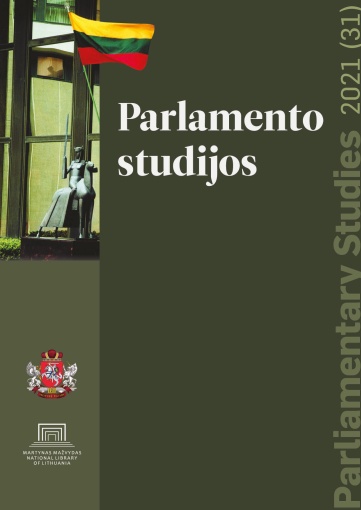Anthropology of Parliaments at the Juncture of the 20th and the 21st Centuries: Methodological Challenges and Trends
DOI:
https://doi.org/10.51740/ps.vi31.773Keywords:
anthropology of parliaments, ethnography, relationships, democracy, politicians, inter-disciplinarityAbstract
Parliaments are of the centre of webs created by democracy, complex sites where culture meets economics, psychology and politics; elected politicians consult with lobbyists, constituents and each other; and the political work of law-making and scrutiny is achieved. Inter-disciplinary approaches are vital in fathoming this complexity. Relationships are at the heart of politics so it is surprising to find that few anthropologists have ventured into parliaments. Their findings have revealed the hidden everyday workings of democratic politics in several countries but their approach is poorly understood. In this article, ethnographic research by anthropologists over thirty five years is reviewed and contrasted with ethnographies by political scientists, to explain how the theories, methods and contributions of different disciplines are complementary. With the capacity to offer rich accounts of specific parliaments, and generalise about the patterns found across different times and sites, anthropologists in collaboration with other disciplines have the potential to transform the study of parliament into a more entangled form of inquiry.









 The metadata of the scholarly journals and publications of the Lithuanian National Martynas Mažvydas Library is distributed by
The metadata of the scholarly journals and publications of the Lithuanian National Martynas Mažvydas Library is distributed by 